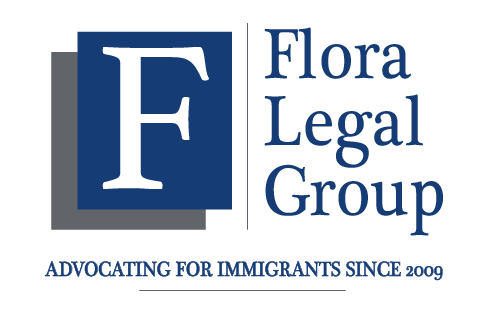A parole program which allowed citizens from Cuba, Haiti, Nicaragua and Venezuela to enter the United States has been terminated. Check your email to see if your parole was terminated. If so, seek other forms of relief you may be eligible form, such as asylum.
On May 30, 2025, the Supreme Court of the United States (SCOTUS) ruled to allow the Biden-era CHNV parole program to end. This program, created in early 2023, had allowed up to 530,000 citizens from Cuba, Haiti, Nicaragua, and Venezuela (CHNV) to legally enter and live in the United States for up to two years, according to the Department of Homeland Security (DHS).
Now that the Supreme Court has lifted the temporary pause (also called a “stay”) on ending the program, the DHS has begun canceling parole for people who came under CHNV. If you or someone you know was approved through this program, it is extremely important to understand what is happening and what to do next.
What Was the CHNV Parole Program?
The CHNV parole program gave citizens from Cuba, Haiti, Nicaragua, and Venezuela a legal way to enter the U.S. for humanitarian reasons. They needed a U.S. sponsor, passed background checks, and could apply from outside the country using the CBP One app. Those approved were given parole, that is, a temporary legal status, and allowed to apply for work permits. Since 2023, over 530,000 people have entered the U.S. through this process.
What Did the Supreme Court Decide?
In March 2025, DHS announced it would end the CHNV program starting April 24. A federal judge put that decision on hold in April, but the Supreme Court reversed that order on May 30. That means DHS now has full power to cancel parole for CHNV recipients early—even if their original expiration date hasn’t passed.
What Is DHS Saying Now?
Since early June 2025, DHS has made several public statements and started sending termination notices. DHS has said:
- CHNV parole is no longer valid.
- Individuals who do not have another legal immigration status must leave the country.
- If they do not leave, they may be detained and deported.
DHS is encouraging people to self-deport—meaning leave the country on their own. In some cases, DHS is even offering a $1,000 travel bonus to those who leave voluntarily.
Was My Parole Canceled?
DHS is notifying individuals directly if their parole has been canceled. Here’s how:
- Check your email—this is the main way DHS is sending termination notices.
- Some people are also receiving letters by mail or updates through USCIS accounts.
- If you moved recently, make sure DHS and USCIS have your correct address.
If you get a notice, it will say that your parole is no longer valid. It may include a date by which you must leave the U.S. or say that removal proceedings will begin.
What Can I Do If My Parole Was Canceled?
If you entered through the CHNV program and got a termination notice, you may still have options:
- Apply for asylum if you fear returning to your home country. You are eligible if you were or will be persecuted based on your race, religion, nationality, membership in a particular social group or political opinion.
- Check if you qualify for TPS (Temporary Protected Status) or another form of relief.
- Talk to an immigration lawyer immediately to find out what is best for your case.
You should also keep copies of any letters or emails you receive from DHS or USCIS.
At Flora Legal Group, we know how frightening this news can be. If you’ve received a termination notice or want to know your options, call us today.
📍Indianapolis, IN: (317) 487-4652
📍Louisville, KY: (502) 493-6009
